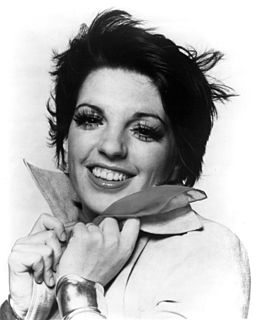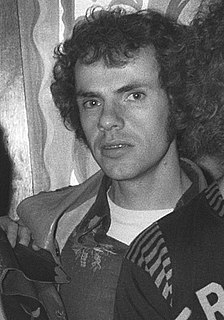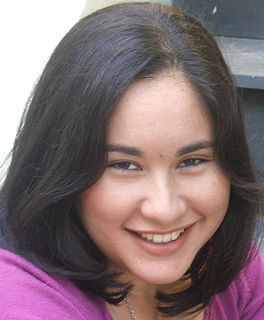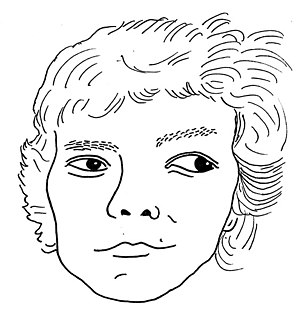A Quote by Plutarch
Wickedness frames the engines of her own torment. She is a wonderful artisan of a miserable life.
Related Quotes
My mother didn't feel sorry for herself, she was left with no child support, no alimony at a very young age, with a child to raise, a high school education and she just figured it out. She didn't complain, she didn't rely upon government, she relied upon her own skill set, her own self confidence, her own drive in moxie and her own duty to me and her and she relied upon her family and her faith.
She believes in love and romance. She believes her life is one day going to be transformed into something wonderful and exciting. She has hopes and fears and worries, just like anyone. Sometimes she feels frightened. Sometimes she feels unloved. Sometimes she feels she will never gain approval from those people who are most important to her. But she’s brave and good-hearted and faces her life head-on.
She had been so wicked that in all her life she had done only one good deed-given an onion to a beggar. So she went to hell. As she lay in torment she saw the onion, lowered down from heaven by an angel. She caught hold of it. He began to pull her up. The other damned saw what was happening and caught hold of it too. She was indignant and cried, "Let go-it's my onion," and as soon as she said, "my onion," the stalk broke and she fell back into the flames.
She (Judy Garland) was a friend of mine, a trying friend, but a friend. That is what I tell myself: She did everything she ever wanted to do. She never really denied herself anything for me. See, I say, she had a wonderful life; she did what she wanted to do. And I have no right to change her fulfillment into my misery. I'm on my own broom now.
Daisy was a consciously happy young woman without any of the usual endowments that make for conscious happiness, money apart. She was not pretty, she was not clever, she had no friends, no talents, nor even an imagination to make her think she was happy when she was really miserable. As she was never miserable, she had no need of an imagination.
Sharp knives seemed to cut her delicate feet, yet she hardly felt them, so deep was the pain in her heart. She could not forget that this was the last night she would ever see the one for whom she had left her home and family, had given up her beautiful voice, and had day by day endured unending torment, of which he knew nothing at all. An eternal night awaited her.








































